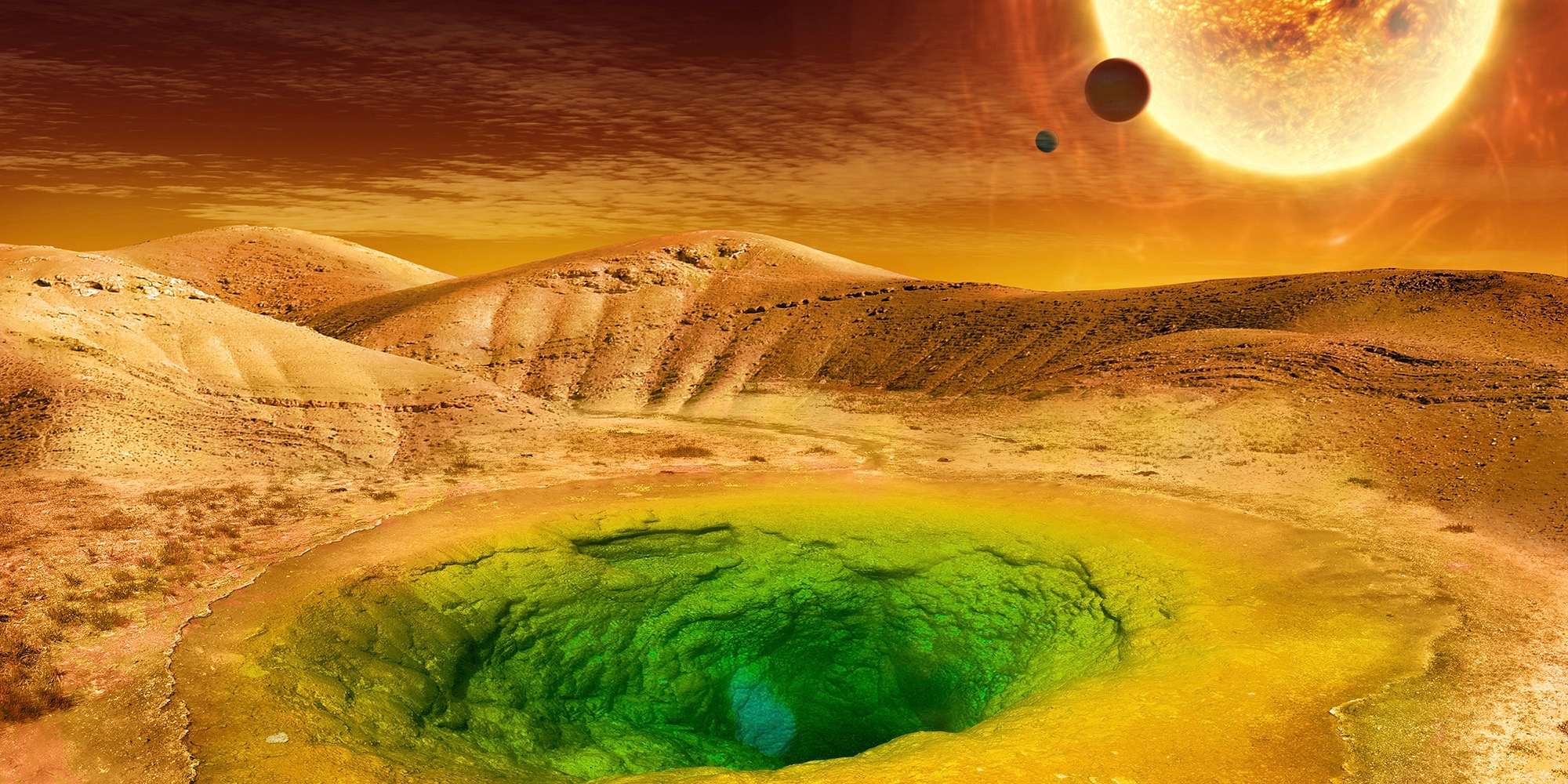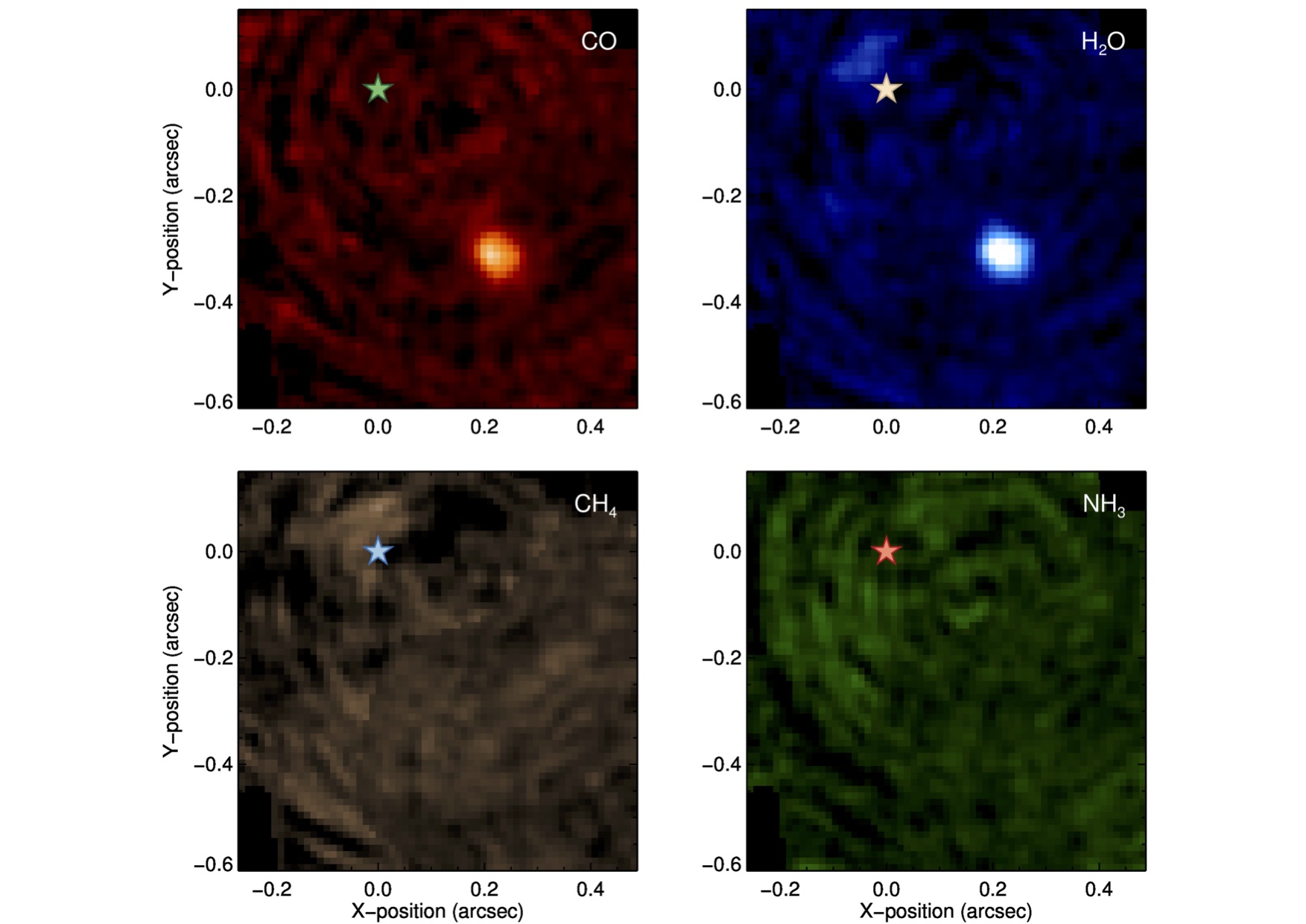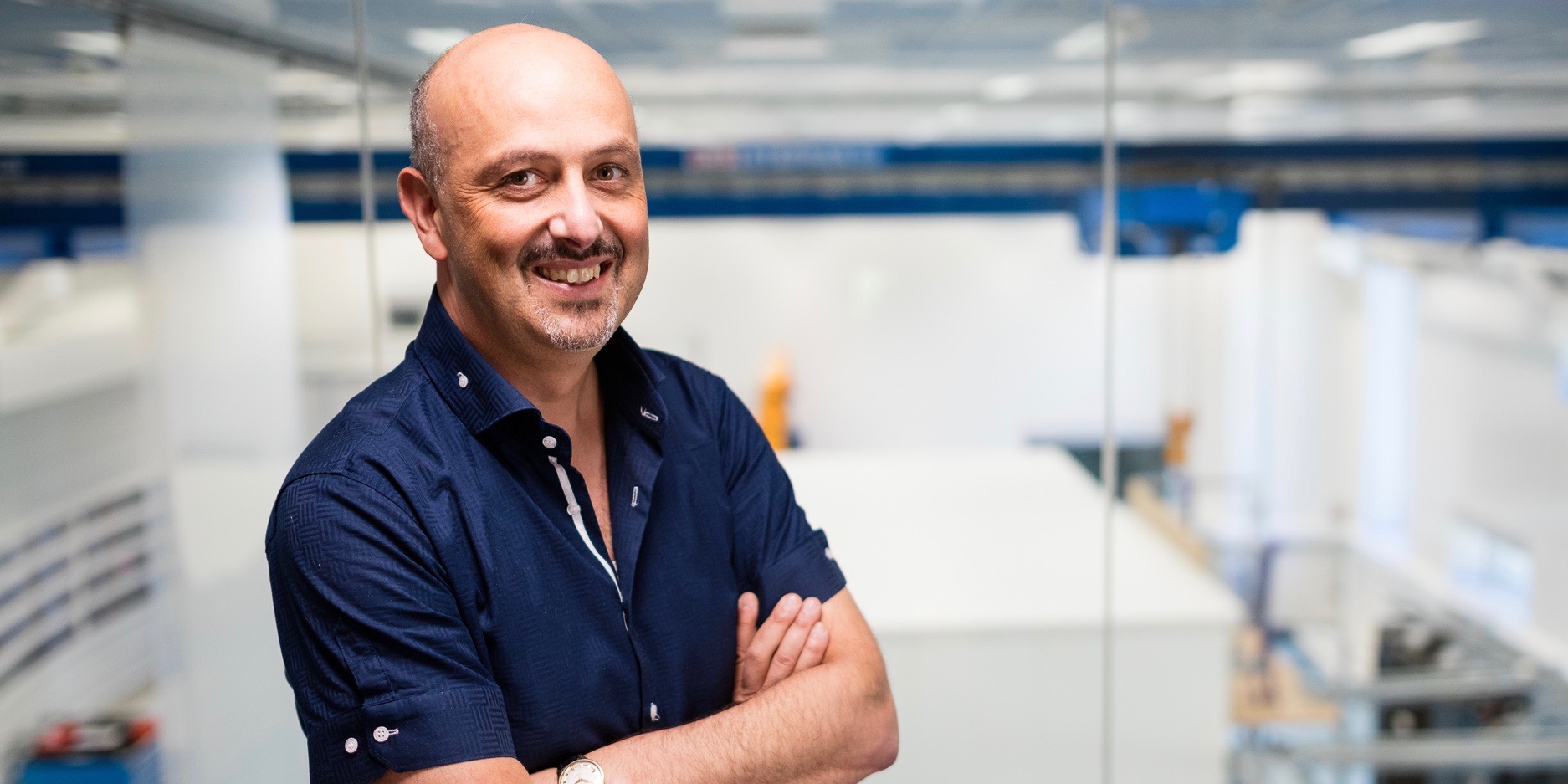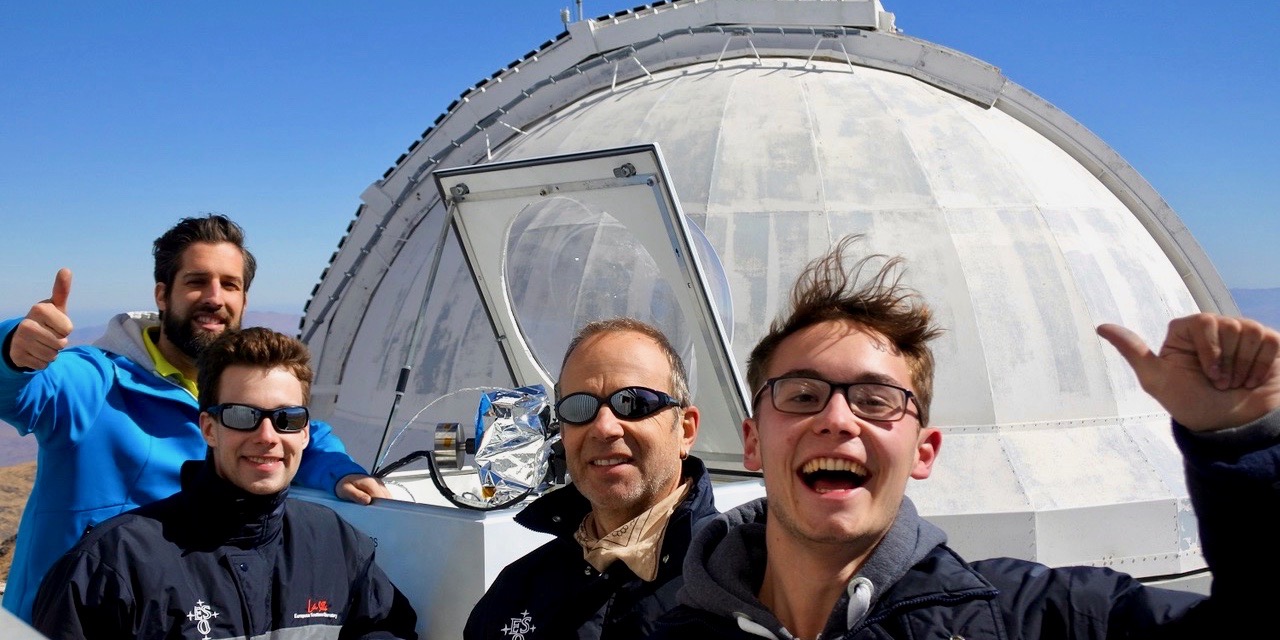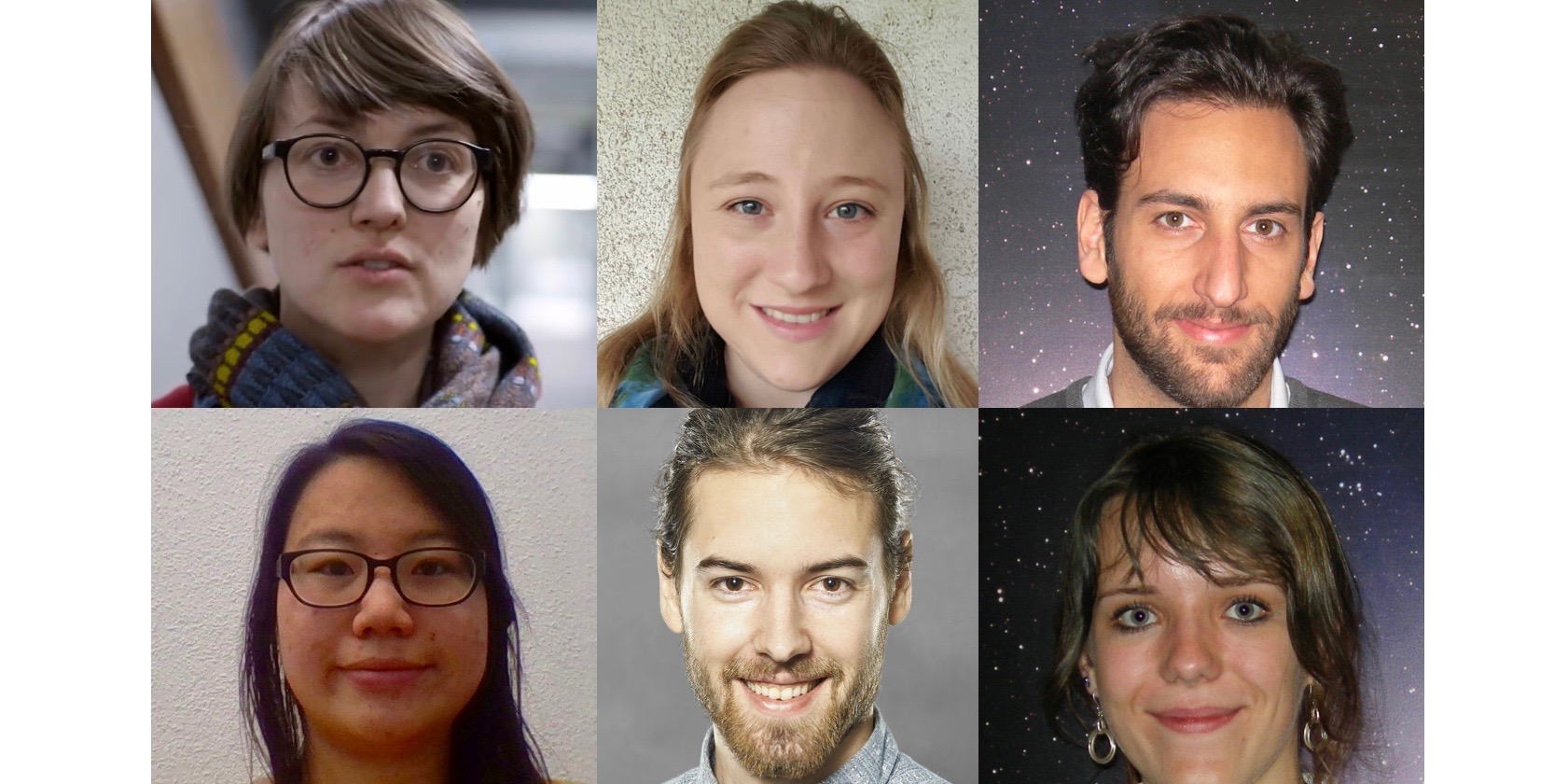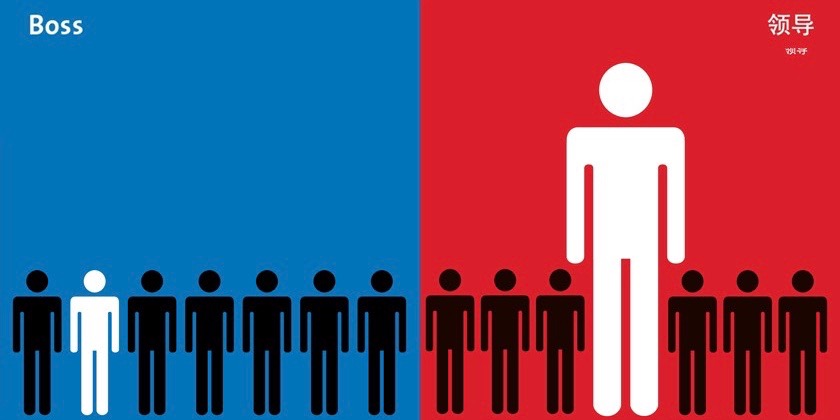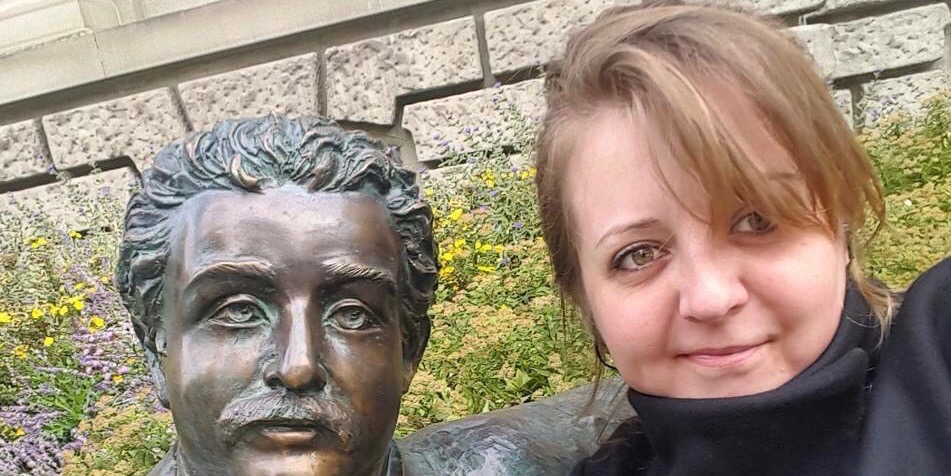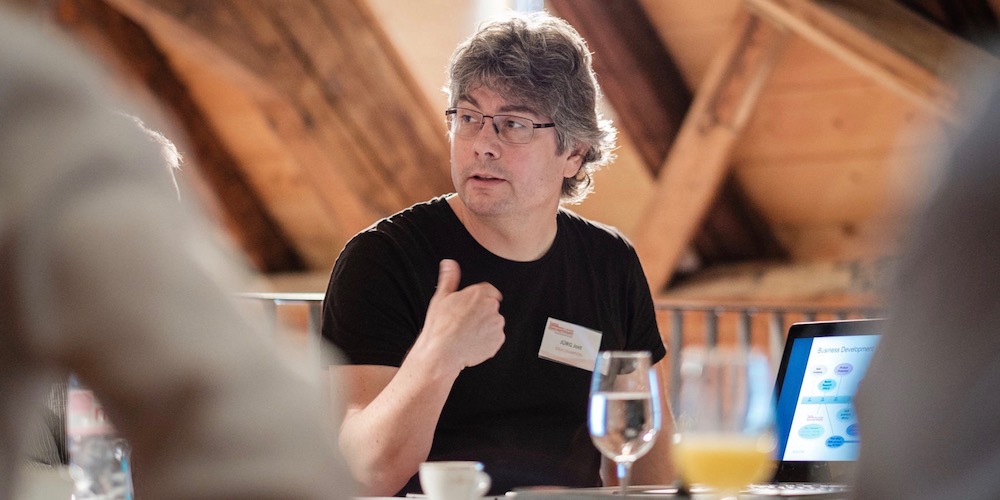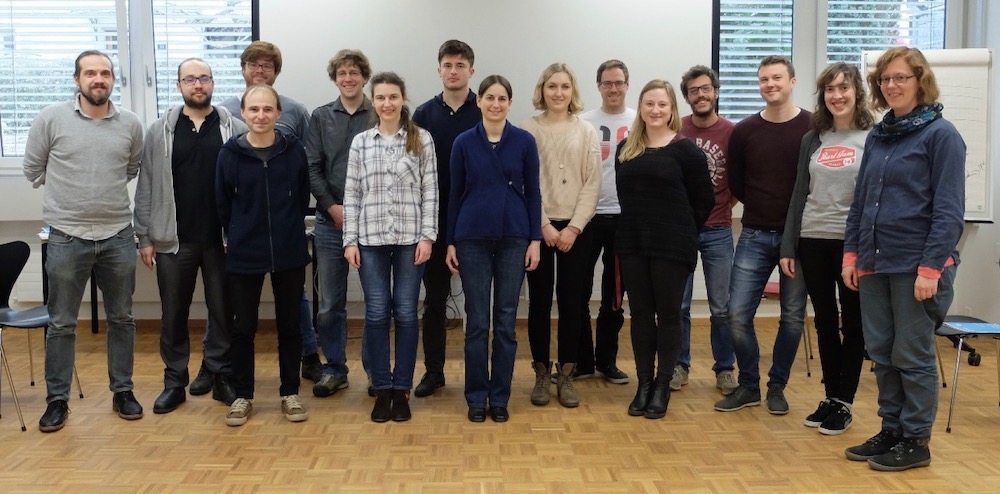News
How to find signs of life in space
Astrophysicists of the NCCR PlanetS contributed to a series of NASA papers that lay out strategies to search for signs of life beyond our solar system. They assume that the detection of atmospheric signatures of a few potentially habitable planets may possibly come before 2030. Three years ago, NASA has gathered researchers from around the […]
Continue ReadingWhere Medical Technology and Astrophysics Meet
At the University of Bern, astrophysicists of the Center for Space and Habitability (CSH) teamed up with medical technology researchers to develop a new method to analyse spectra of atmospheres of planets beyond our solar system. The unusual collaboration applied an artificial intelligence tool to study the chemistry of exoplanetary atmospheres. When Kevin Heng, director […]
Continue ReadingHunting molecules to find planets
Each exoplanet revolves around a star, like the Earth around the Sun. This is why it is generally impossible to obtain images of an exoplanet, so dazzling is the light of its star. However, a team of astronomers, led by a researcher from the University of Geneva (UNIGE), had the idea of detecting certain molecules […]
Continue ReadingReal added value
By Francesco Pepe On May 29th and 30th PlanetS will have its 4th Site Visit. This important event is concurrent with the end of the first phase of the NCCR, and may be an occasion to make a step back, breath and … meditate: Where would Planetary Science in Switzerland stand today without PlanetS? What […]
Continue ReadingObserving the Sun to detect planets
The detection of small exoplanets like the Earth is subject to many difficulties, in particular those introduced by the intrinsic variation of the star which can be confused with the presence of a planet. An international team of astronomers and engineers, led by scientist from the University of Geneva (UNIGE) and member of PlanetS, has […]
Continue Reading“We are the majority of PlanetS”
Currently attached to the NCCR PlanetS are 56 PhDs, 46 PostDocs, 32 Senior Scientists, and 18 permanent positions. To make their concerns heard, the young scientists joined forces and elected representatives. Caroline Dorn is one of them: “I think, the way how we do science is effecting what we do in science. That’s something to keep […]
Continue ReadingInterculturality and Diversity
By Nadine Afram How diverse is PlanetS? How many cultures do we bring together at PlanetS? If we speak in terms of nationalities of NCCR members, we gather approximately 130 persons of 30 different nationalities, and a multitude of languages. Like in many research environments, this is not unusual. In a broader sense, many more […]
Continue ReadingIn memory of Victoria Ann Roloff
On the 12 February 2018 we had to learn of the sudden and unexpected passing of our most valued friend and colleague, Victoria Ann Roloff. Inspired by the night skies, she dreamed of becoming a scientist from an early age. After a successful career at Cardiff University and the University of Surrey she joined us at the […]
Continue Reading“They tell us in a very direct way if something isn’t good”
Eight ideas, eighty startuppers and experts and two days of intensive work – that is the SwissCompanyMaker (SCM) Workshop described in just a few words. Co-organisers include the NCCR PlanetS. This year the SCM took place in Bern in April. A team from the University of Bern was also represented and benefited from extensive expert […]
Continue ReadingLearn to brand your science with “brain radio”
Explainables Workshop at Bern University for NCCR PlanetS The first PlanetS workshop in collaboration with Explainables.org, a science communication network founded by young researches from all over the world, was focused on developing communication and marketing skills for our PlanetS students and postdocs. About 20 early career scientists from first year grad students to established […]
Continue Reading
